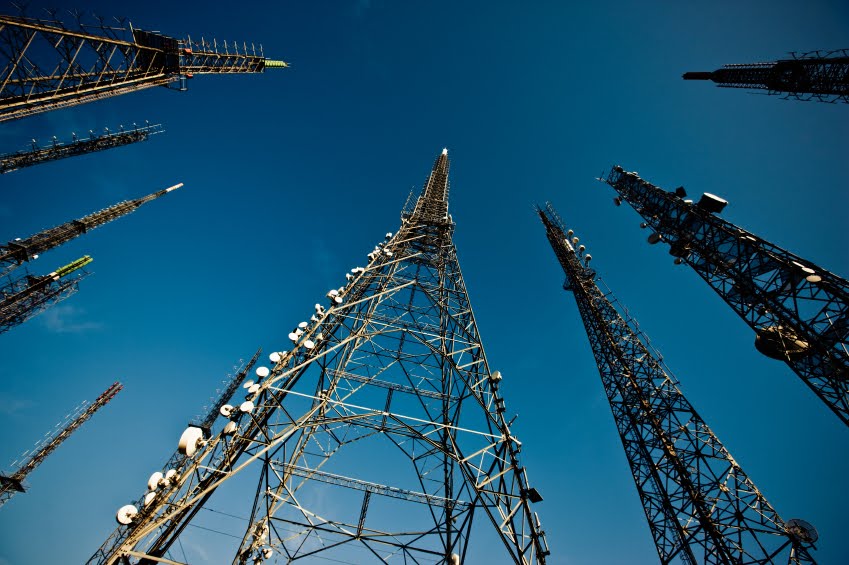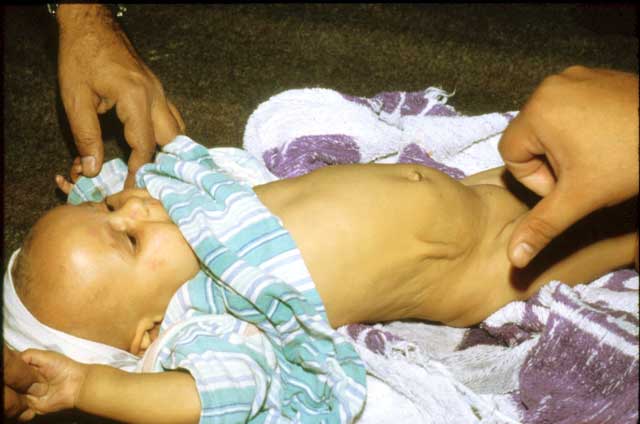
Helios Towers Africa (HTA), a leading telecommunications infrastructure and power operator in Africa, is set for expansion following a successful US$600 million, five-year-term, bond issue, supported by the
Emerging Africa Infrastructure Fund (EAIF).
HTA raised the finance through its Mauritius holding company in the first week of February 2017, with settlement on 8th March. It is using the funds to expand its business, free up cash flow and consolidate
existing debt. EAIF, an anchor investor to the issue, bought bonds to the value of US$40 million. EAIF’s participation as anchor investor also attracted investment by a large number of private investors in the bond.
It is the seventh time EAIF has supported HTA’s growth. All pre-existing EAIF loans to the company have been repaid to EAIF with proceeds from the bond issue.
The Emerging Africa Infrastructure Fund exists to mobilise private sector capital and expertise to bring Africa the infrastructure vital to sustained economic development. The Fund marks its 15th year in business in 2017. It has supported c 70 projects in 21 African countries, attracting over US$10 billion of private capital. The Fund is managed by Investec Asset Management (IAM), one of the largest third-party investors in private equity, credit, public equity and sovereign debt across the African continent.
EAIF’s Executive Director, Emilio Cattaneo, says, “In the critical area of telecommunications, we have invested in a series of businesses that have transformed the sector in Africa over the past decade. Companies like HTA are the backbone of Africa’s digital economy. We are delighted to have been instrumental in HTA’s success and to be supporting its future.”
HTA operates c 6,500 communications towers in Tanzania, The Democratic Republic of Congo, Ghana and Congo Brazzaville. It owns 50% of all the tower stock in Tanzania, The Democratic Republic of Congo and CongoBrazzaville. HTA employs over 400 people.
HTA’s primary business is leasing space on long term contracts to mobile network operators and other providers of data and voice services. HTA’s business model allows operators to avoid or reduce the capital and revenue costs of building and maintaining towers. That frees up resources which operators can use to focus on customer needs, including introducing new services, expanding coverage and passing efficiencies to end users through lower pricing.
Over U$140 million is to be invested in upgrading works, buying sites and building new towers. The expansion will bring new capacity to existing customers and help attract new operators, as well as opening up rural areas.
The HTA issue is the second telecommunications bond issue EAIF has supported recently. Towards the end of 2016, the Fund invested in an US$800 million bond issue by the Nigerian communications tower company IHS.
“Attracting international capital adds to the money available to build infrastructure in Africa and demonstrates confidence in African markets and companies. It also widens and deepens the financial management and governance expertise of companies,” Mr Cattaneo says.
HTA’s Chief Executive Officer, Kash Pandya, says the bond issue marks a new era for the company and opens new horizons.
“Mobile digital technology has been a powerful mechanism for economic and social progress in Africa and we take great pride in playing our part in enabling network expansion and improvements. EAIF has become a greatly valued partner to HTA and mixes world class financial standards and expertise with a proven track record of helping to improve the lives and prospects of people in countries across Africa,” says Mr Pandya.
EAIF is part of the Private Infrastructure Development Group (PIDG). Seven governments (and The World Bank) currently contribute funds to PIDG. In the case of EAIF, support comes from the governments of the UK,The Netherlands, Sweden and Switzerland, as well as private sector banks, the German development finance institution, KfW and FMO, its Dutch equivalent.
Nazmeera Moola is Head of EAIF at Investec Asset Management. She says, “With considerable uncertainty in the global economy, it is extremely encouraging to see investors being confident and optimistic about Africa. Expanding the digital infrastructure stimulates macro and micro economic activity. Strengthening fragile economies through private investment in infrastructure encourages political stability, favours investment in other sectors, improves the job market and helps build
income levels.”


